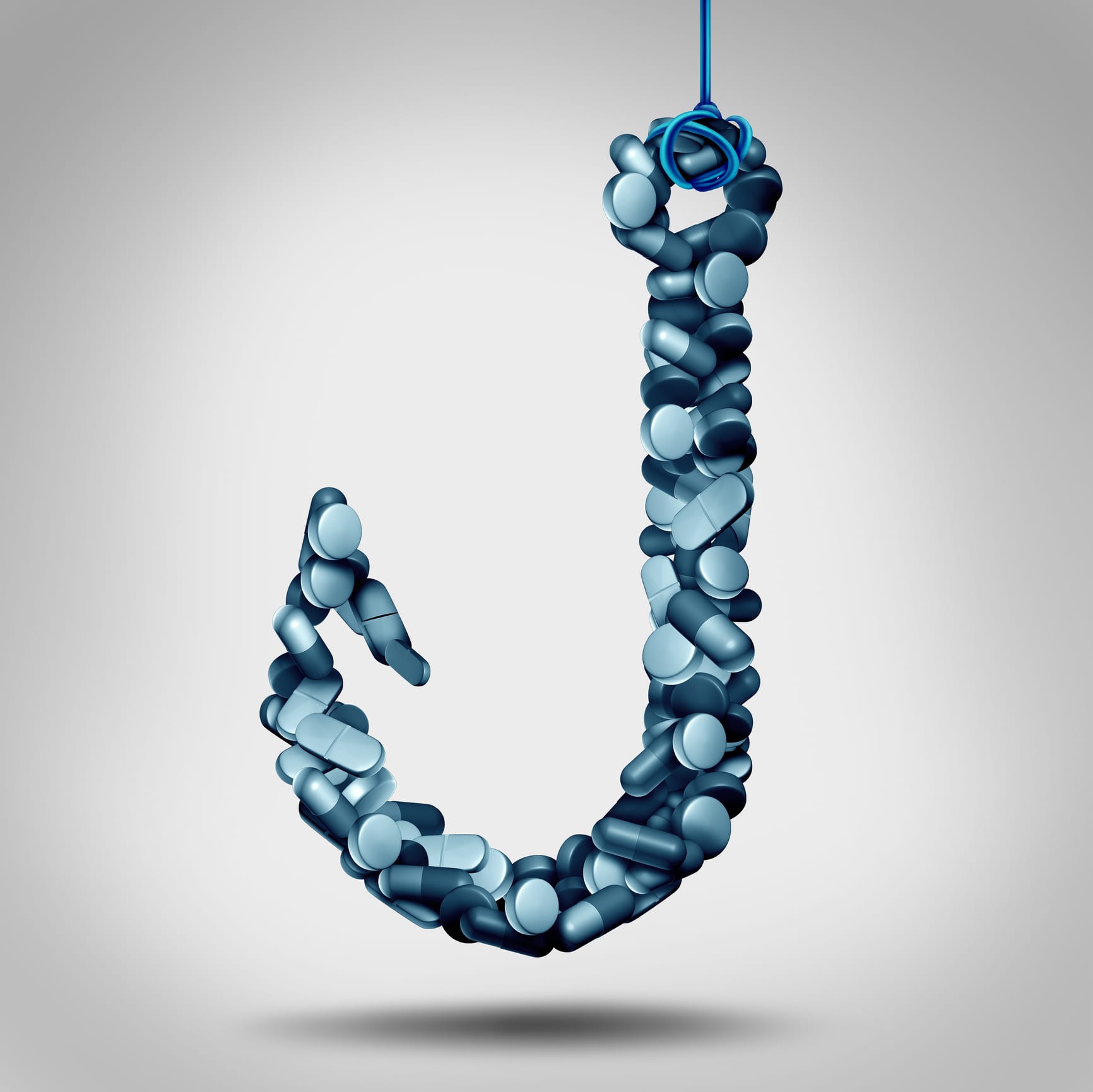No one wants to admit that their loved one is using drugs. But ignoring the signs of drug abuse can lead to serious consequences. Addiction rarely occurs instantaneously; it usually begins with experimentation in social settings and develops gradually over time into a serious and potentially life-threatening dependency.

No one wants to admit that their loved one is using drugs. But ignoring the signs of drug abuse can lead to serious consequences. Addiction rarely occurs instantaneously; it usually begins with experimentation in social settings and develops gradually over time into a serious and potentially life-threatening dependency. The earlier you can identify the problem, the more likely you are to save your loved one’s life.
Not all drug addictions look exactly the same, but there are some common signs of drug abuse to be aware of. If you’re concerned that your loved one is using drugs, look out for the following behaviors and symptoms that could indicate a possible addiction.
Behavioral signs of drug abuse
Persistent drug use can significantly impact the way a person behaves, both toward themselves and toward others. Frequently, people on drugs will experience:
-
Poor work performance
Many drug addicts can’t hold down a job, but before they get fired, they may often show up late, call in sick, or show general disinterest toward their duties.
-
Financial problems
Managing money and paying bills on time are often difficult tasks for people suffering from drug addiction. Those who have more money may be able to hide their financial troubles longer, but eventually addiction takes its toll, and addicts desperate for drugs will ask for loans, or even steal money, from friends and loved ones in order to get their fix.
-
Odd sleeping patterns
Drug use may impede a person’s ability to sleep, leaving them wired or fatigued from staying up all night. Alternatively, they may sleep longer than usual, even through the daylight hours.
-
Mood swings
Changes in personality are common among heavy drug users. One moment, they may seem perfectly fine – even happy – and the next they may fall into a pit of despair. Drug users can also be irritable, easily agitated, or display a lack of motivation, and many also struggle with symptoms of depression or anxiety.
Physical signs of drug abuse
Beyond their actions, many drug users display physical manifestations of their addictions, such as:
-
Poor hygiene
As a drug user falls deeper into their addiction, they often stop caring about their physical appearance. They may wear dirty clothes, stop combing their hair, and suffer from bad breath or sallow skin.
-
Significant weight loss or gain
Many drugs can slow down your metabolism or sap you of physical energy, leading to significant weight gain, while other drugs can suppress your appetite, causing poor nutrition and a gaunt appearance.
-
Frequent bloody noses
If a loved one often has a runny or bloody nose, it could be a sign of cocaine use, which can lead to serious damage of the nasal tissues and cause frequent nosebleeds.
-
Tremors
For people with physical dependencies, abstaining from drugs – even for a short period of time – can cause withdrawal symptoms such as tremors, chills, or fever. They may also experience tremors as a physical response to the drug they’re taking.
Early intervention of drug abuse is critical for recovery
Identifying the signs of drug abuse before it progresses to a full-blown addiction can be a matter of life and death. According to the U.S. Surgeon General’s Office, research shows that early intervention of drug misuse can help prevent severe substance abuse disorders from forming. By addressing drug abuse early on, you can reduce the risk of illness, injury, or overdose – and help your loved one get their life get back on track before it’s too late.
Alvarado Parkway Institute helps people overcome drug addiction
Recovery from drug addiction is possible, and Alvarado Parkway Institute can help. Our drug rehab clinic and treatment programs are designed to help patients conquer their addiction through detox, psychotherapy, and education. We offer both inpatient and outpatient programs, providing an ongoing support system to help patients learn coping skills, avoid relapse, and live a healthy sober life.
If you or a loved one is struggling with drug abuse, Alvarado Parkway Institute can give you the tools you need to get your life back under control. Call us at (619) 485-1432 today.
